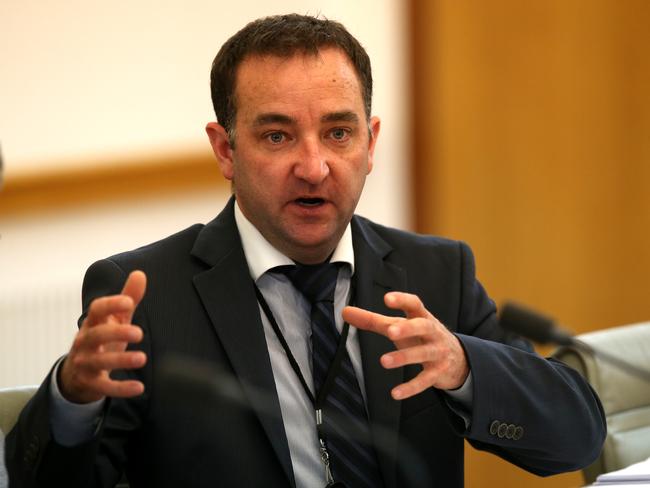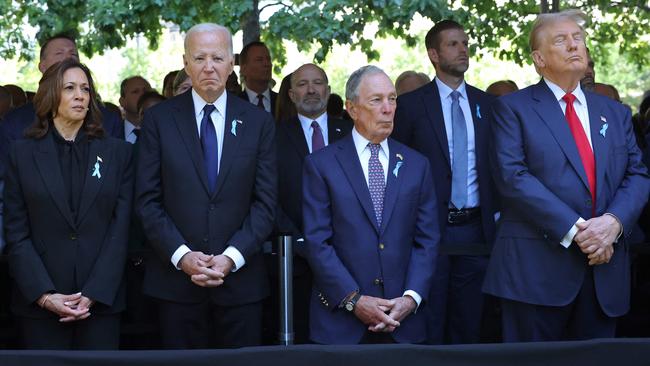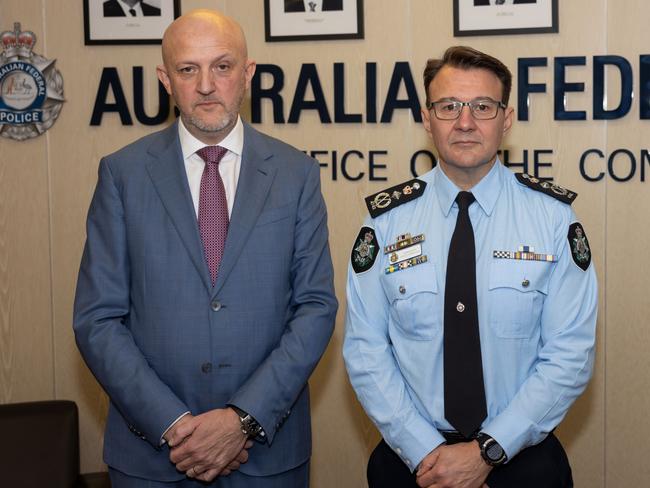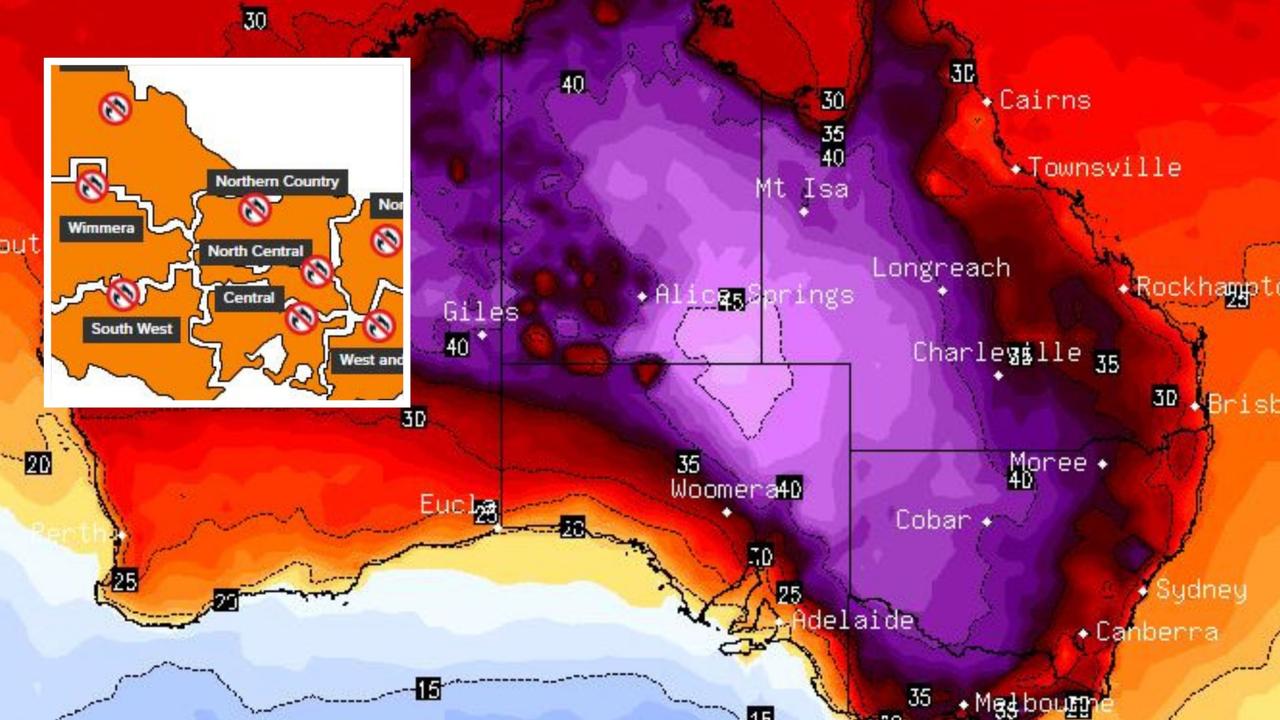Australia’s official definition of ‘terrorism’ to be reviewed for first time since 9/11 attacks
Australia will appoint an independent monitor to conduct a review of what qualifies as terrorism following the shocking Bondi and Wakeley stabbing attacks.

National
Don't miss out on the headlines from National. Followed categories will be added to My News.
Australia is set to possibly redefine what constitutes a terror act as the official definition of terrorism comes under independent review for the first time since the September 11 attacks in 2001.
It comes as the shocking Bondi Junction and Wakeley stabbings, against a backdrop of increasing international geopolitical turmoil, has sparked debate over whether the full range of ideologies that pose a threat to modern Australia is currently being covered.
The Guardian reports that concerns have grown that Australia’s current definition of terrorism is lacking in breadth following the fatal mass stabbings at the Bondi Junction Westfield shopping mall, and the stabbing attack on a bishop of the Assyrian Christian Orthodox Church in Wakeley, in Sydney’s west.
Jake Blight, the independent national security legislation monitor (INSLM), told the newspaper that he will set up an inquiry into what should be considered a terrorist act.

“Almost quarter of a century since 9/11, it really is time that we turned our minds to the fundamental definition of terrorism that underpins so many police powers and underpins so many offences,” Mr Blight told Guardian Australia.
“What I’m trying to do is signal that I think it’s time as a nation that we looked again at the definition of a terrorist act, and I’m open to considering a range of things in that.”
It is not yet clear if the definition of terrorism would be expanded to include gender motivated violence.
Mr Blight said the review would be shaped around “first principles” that examined the issue in a broad context.
“I think that’s going to be a really significant review and the kind of thing that’s critical for the office to do,” Mr Blight said.



Currently in Australia, a terrorist act is defined in the Criminal Code as an action or threat made with the intention of “advancing a political, religious or ideological cause”.
It should also carry with the intent to cause death or injury in a manner that is dangerous to the public, property or infrastructure.
But more than two decades since al-Qaeda and Osama bin Laden claimed responsibility for the 9/11 attacks on US soil, what constitutes an “ideological cause” has changed, particularly with the proliferation of online and social media.
“Much has changed in the last 25 years, including the nature of some of the threats faced by Australia. It is time for an independent review to assess whether the current definition of a ‘terrorist act’ remains fit-for-purpose,” said Mr Blight.

In 2021, ASIO director-general Mike Burgess noted that motives of the aggrieved had shifted.
“We are seeing a growing number of individuals and groups that don’t fit on the left-right spectrum at all; instead, they’re motivated by a fear of societal collapse or a specific social or economic grievance or conspiracy,” Mr Burgess said, and went on to reference the ‘incel’ phenomenon where involuntarily celibate young men have been behind mass shootings in schools and public places in the US.
In 2023 Mr Burgess referenced the ambush and murder of two police officers on a property near Wieambilla, Queensland, which was linked to Christian extremist ideology.
“So we need to use language that can accommodate groups that are outside the traditional categories,” he said.
The INSLM aims to commence the review process mid-2025.
It comes as Australia’s national terrorism threat level was raised in August from “possible” to “probable”.
More Coverage
Originally published as Australia’s official definition of ‘terrorism’ to be reviewed for first time since 9/11 attacks





